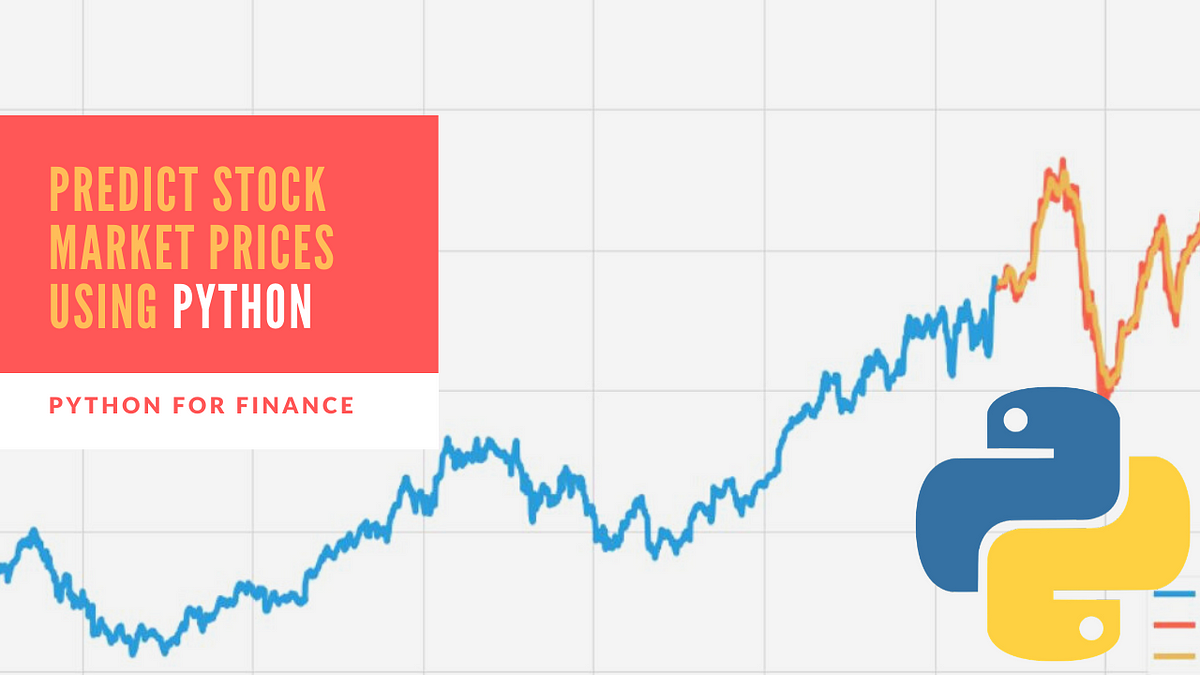

“Shares were rocked by the news, falling 15.1% over the following two weeks. “Take the 2018 revelation that Cambridge Analytica, a data firm, had obtained millions of users’ Facebook data to create voter profiles-one of the company’s biggest scandals ever,” they note. Investors have short memoriesĪs my colleagues Nicolas Rapp and Declan Harty observe, investors haven’t dwelled too long on bad news about Meta in the past. “We view material political or business fallout as unlikely,” he wrote. Wells Fargo Securities analyst Brian Fitzgerald said that, while a negative, public relations risks have already gone down. UBS analyst John Hodulik anticipates the company will improve its tools and systems in response to the update, and that it may end up faring better than competitors on this front.Īs for the high-profile Facebook Papers, analysts don’t seem all that concerned. Recently Apple updated its iOS, and it’s started making Facebook ads less effective, cutting into Meta’s margins. There’s the Facebook Papers, of course, but some other challenges to its bottom line, too.

Wall Street analysts think some of Meta’s more immediate challenges may be short-term. So what gives? Here are a handful of factors that may be contributing to its durability: Wall Street is bullish on the company’s future 4, up nearly 25% from the beginning of this year, though they are down more than $58-or more than 15%-from the beginning of September. Shares were trading at more than $335 the afternoon of Nov. While the deeply concerning allegations did hit shares of Meta Platforms (currently still trading under the ticker FB until early December), the stock price has been surprisingly resilient given all the noise. The name swap ignited insults from competitors and plenty of critical memes and comments across social media. In the heat of it all, Facebook announced it would be changing its name to Meta to emulate its focus on investing in virtual reality. Meta has said it’s since become subject to “government investigations” over the allegations, according to its latest earnings disclosure. Stories about disturbing content, its CEO choosing growth over safety, its platform contributing to violence in Ethiopia and vaccine misinformation, to name a few, have been rolling out ever since ( Here is a list of stories stemming from what are now being called the Facebook Papers). She reportedly thought the Journal could have done more with the information and shared those redacted documents with 17 other outlets. Later, the whistleblower and former employee who leaked those documents, Frances Haugen, gave testimony before the Senate.

At the end of September, the Wall Street Journal published the “ Facebook Files”: a damning investigation, covering tens of thousands of pages of leaked documents spanning presentations, research reports, and employee communication that revealed a myriad of examples of how Facebook harmed users, and exactly what the company knew about it.


 0 kommentar(er)
0 kommentar(er)
